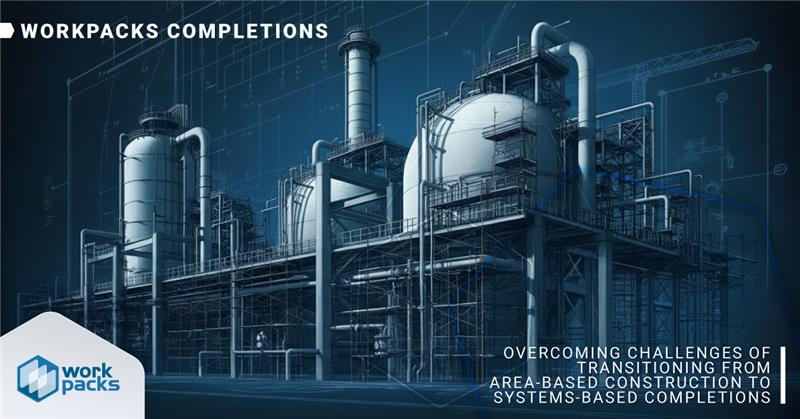Eco-friendly engineering has been around since humanity began manipulating our environment. It began out of necessity – using the least amount of resources and labor was essential for survival. Why build a shelter when a cave suited, dig a well when a stream was nearby, or clear forests for crops when hunting and foraging yielded more than enough sustenance? This continued into using rammed earth and cob for housing – local resources with exceptional insulating qualities – to covered aqueducts and cisterns. Technology progressed, exploration (and conquest) occurred, national boundaries settled (for the most part), and we are now a global presence with an insignificant chance of finding an unknown island older than a few years. Our domain has increased from the ecosystem we where we began, to the entire planet.
We are now entering a time where eco-engineering is essential for mitigating global environmental impact, and while there are many ways engineering has caused infrastructure to become less invasive to the environment, let’s explore three of these aspects: recycling/upcycling, water use, and potential impact of scaling individual material and water consumption conservation, with international earth hour as an example.
Recycling
In recent years, eco-friendly engineering has played a pivotal role in revolutionizing recycling practices across industries. From manufacturing to construction, innovative recycling technologies have transformed waste materials into valuable resources, reducing the need for raw materials and minimizing environmental impact.
Consider this: in 2022 alone, the global recycling rate for aluminum cans reached an impressive 71%, thanks in part to advancements in recycling processes and materials recovery. Similarly, the overall recycling rate has been steadily increasing, with an estimated 32% of all recyclable materials recycled globally – up from only 7% in 1960. These statistics highlight the tangible impact of eco-friendly engineering on material usage and waste reduction.
In the Oil & Gas industry oil can be re-used into lubricants, fuel oils, and used within petrochemical industries to severely decrease the need for more oil production. For instance, one gallon of used motor oil provides the same 2.5 quarts of lubricating oil as 42 gallons of crude oil. Not only has technology increased the efficiency of recycling used oils, but some of the same advances have reduced water needs within the same industries.
Water
From an industry standpoint, water is used in a variety of processes – from thermoelectric power plants, to manufacturing plants and refineries. Industry accounts for 22% of global water use, and 19% of global freshwater withdrawals. Considering what our previous blog post pointed out – that only 3% of all water on earth is freshwater, and only 0.5% is usable as drinking water – industry is a large competitor to personal use with regards to water. With that said, technological advances in membrane technologies and improved processes are playing a large role in reducing industry water needs.
New technology is being developed to decrease resources needed for obtaining resources for cleaner burning power plants – a process that will only increase in volume as the world transitions from coal and oil to LNG and renewable energies. New forms of membranes enable the distillation of complex and highly contaminated wastewater. This enables reduced water needs by filtering and reusing water in not only oil and gas processes, but in agriculture and steel production as well. By pairing this technology with wasted heat created during the industrial processes, more benefits are created from standardizing this process across industries.
Earth Hour: The Power of Collaboration
While Industry has been advancing and becoming more efficient with material and water needs, individual consumption has an impact as well. International Earth Hour serves as a powerful reminder of the collective impact we can achieve through coordinated action. By simply switching off non-essential lights and appliances for just one hour, millions of people around the world can make a significant dent in energy consumption and greenhouse gas emissions. Beyond the immediate benefits of reduced energy usage, Earth Hour also raises awareness about the importance of environmental conservation and inspires individuals and communities to take further action.
Imagine the ripple effect of just one hour of consumption reduction and water conservation if coordinated across the world. The cumulative savings in energy and water would be staggering, demonstrating the immense power of collective action in tackling global environmental challenges. Initiatives like International Earth Hour serve as catalysts for broader societal change, inspiring individuals, businesses, and governments to adopt more sustainable practices year-round. Who knows – with one hour of reduced consumption and savings, individuals may be inspired to make their homes more eco friendly by installing LED light sources or a rainwater catchment system.
Eco-friendly engineering holds the key to building a more sustainable and resilient future for our planet. By embracing practices such as global recycling, water conservation, and supporting initiatives like International Earth Hour, we can harness the power of technology and collective action to address pressing environmental issues and create a brighter tomorrow for generations to come. We’ve overcome scarce resources before, but this may be the first time we can combine worldwide data and advanced technology to create a truly sustainable global society and provide a just energy transition throughout the rest of this century.









